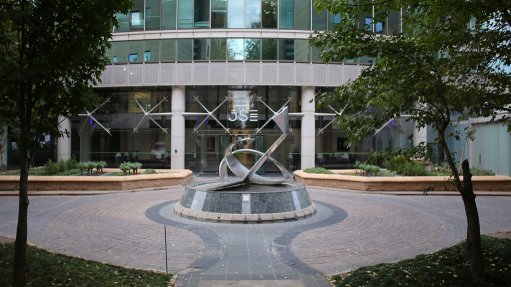
Residential estate developer Balwin Properties intends to list on the main board of the JSE, granting it access to the capital markets and allowing it to enhance its profile, CEO Stephen Brookes says.
“It will also support our strong development pipeline and geographical expansion,” he explained.
Balwin, established in 1996, has developed, marketed and sold over 70 residential estates comprising some 13 500 residential units, the bulk of which were delivered since large-scale operations started in 2005.
The company controlled and managed the entire development process, from land identification, acquisition and zoning to pre-sales and marketing, construction and construction management, sourcing of materials and fittings, safety and quality assurance, as well as the final handover to home buyers.
“Our developments appeal to a cross-section of buyers offering secure, high-quality spacious and environment-friendly one-, two- and three-bedroom residential apartments conveniently located in key nodes with on-site lifestyle amenities, including restaurants, a clubhouse, sport and entertainment facilities,” Brookes added.
The developers’ apartments were suitable for middle-income buyers, which typically included first time, move-up, active adults, young professionals, families, retirees and buy-to-let investors.
Each estate averaged between 500 and 1 000 units and offered secure, affordable, high-quality and competitively priced one-, two- and three-bedroom apartments ranging in size from 45 m2 to 120 m2.
“Balwin offers an investment opportunity with excellent growth prospects,” said Brookes, adding that the company planned to grow its rental portfolio to between 2 000 and 3 000 units by 2020.
Balwin expected to sell over 1 600 units this year and deliver an after-tax profit of around R550-million for the financial year to end February 29, 2016.
“The demand for new smaller-sized, higher-density apartments and townhouses remains robust, accounting for more than 70% of new housing built in South Africa over the past 20 years.
“This trend is in line with similar emerging economies and is driven by factors such as urbanisation, a growing population and a growing middle-class, land scarcity, building costs, housing affordability, property costs such as rates, taxes and levies, safety concerns with standalone housing, as well as lifestyle changes, especially in the metropolitan areas of the country,” Brookes added.
Balwin has a secured project pipeline of about eight years, which, together with continually identified land acquisitions was expected to drive future growth.
The company was also negotiating the acquisition of an additional land parcel in the Kyalami node, on which a further 15 000 sectional-title residential units could be developed.
Balwin was currently 70%-owned by management, with private equity partner Buffet Investments owning the balance.